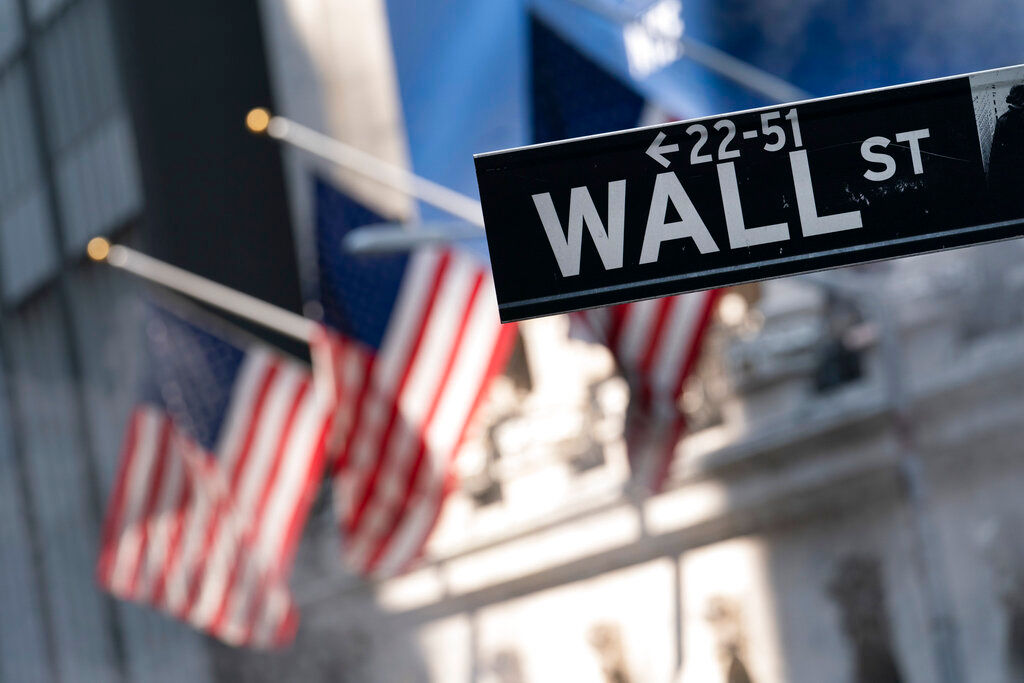Wall Street stock turned lower on Thursday and trading
was volatile as investors remain cautious amid worries about economic growth
and rising interest rates.
The S&P 500 fell 0.5% to 4,093.24 as of 10:25 a.m.
Eastern. The Dow Jones Industrial Average fell 251 points, or 0.8%, to 32,559.
The Nasdaq fell 0.1% to 11,975.87.
Also Read | Elon Musk forces return to office: Tesla CEO’s toxic work culture in focus
Health care stocks saw some of the biggest losses. Drug
maker Eli Lilly fell 3%. Companies that depend on direct consumer spending and
some big industrial firms gained ground. Expedia Group jumped 1.9% and Boeing
rose 3.6%.
Technology stocks swung between broad gains and losses.
Microsoft fell 2.7% after cutting its financial forecasts for the current
quarter, citing unfavourable changes in exchange rates.
Also Read | Who is Javier Olivan?
Small-company stocks surged. The Russell 2000 rose 0.4%.
Bond yields were relatively stable. The yield on the 10-year Treasury, which
helps set interest rates on mortgages and other loans, stood at 2.93% from late
Wednesday.
Crude oil prices increased marginally after the OPEC oil
group and allied producing countries including Russia said they will raise
production by 648,000 barrels per day in July and August.
Also Read | Russia holds Ukraine’s grains ransom for end to West’s sanctions
Rising energy prices have been contributing to inflation,
which is already at its highest level in four decades. US gasoline prices hit
another record high on Thursday, with the average price at the pump costing
$4.71 per gallon, as per motoring club federation AAA.
Investors are focused on the balance between inflation,
interest rates and economic growth. The Federal Reserve is being closely
watched as it attempts to curb the impact of inflation by raising interest
rates from historic lows during the pandemic.
Also Read | Amid Russia-Ukraine war, President Joe Biden to meet NATO chief at White House today
On Wednesday, several economic reports raised
expectations for the Fed to keep raising interest rates aggressively. Wall
Street is concerned that the Fed could slow economic growth too much and potentially
send the economy into a recession.
Also Read | Janet Yellen explains why she was ‘wrong’ on inflation path
Meanwhile, high inflation is impacting corporate profits,
while the war in Ukraine and COVID-19 restrictions in China have also weighed
on markets.







